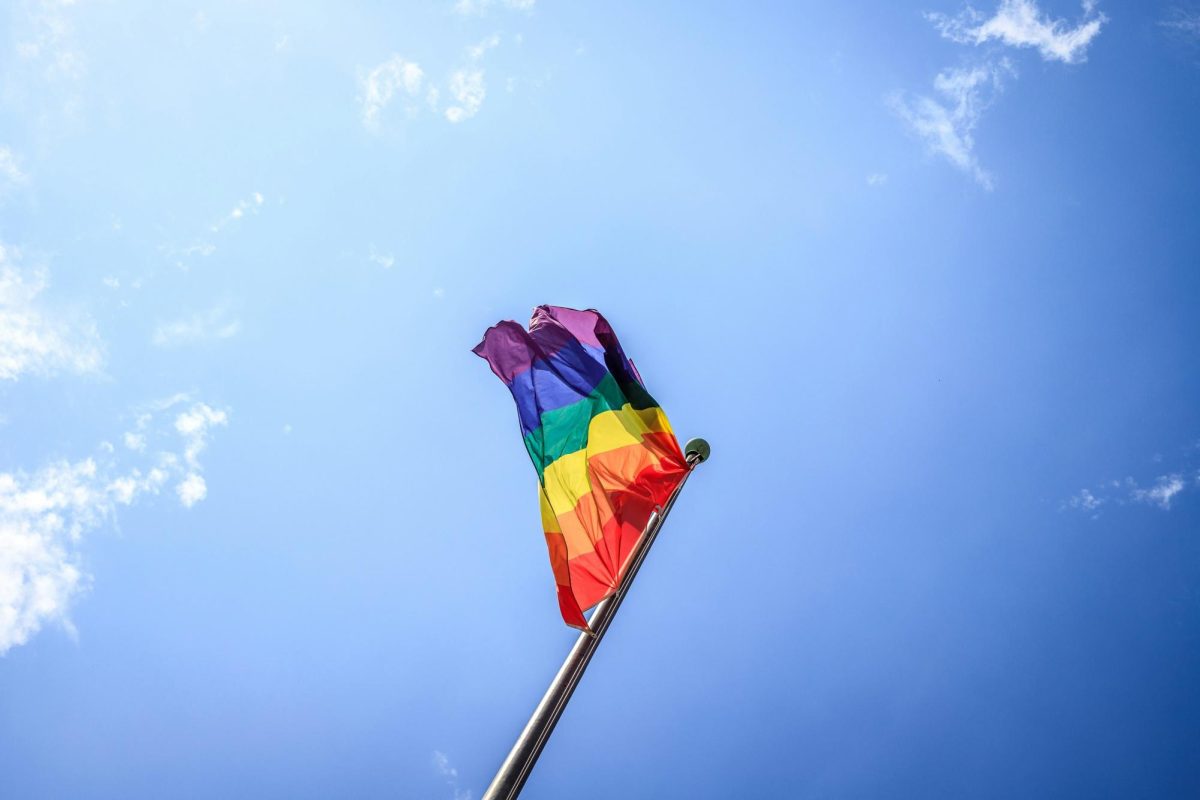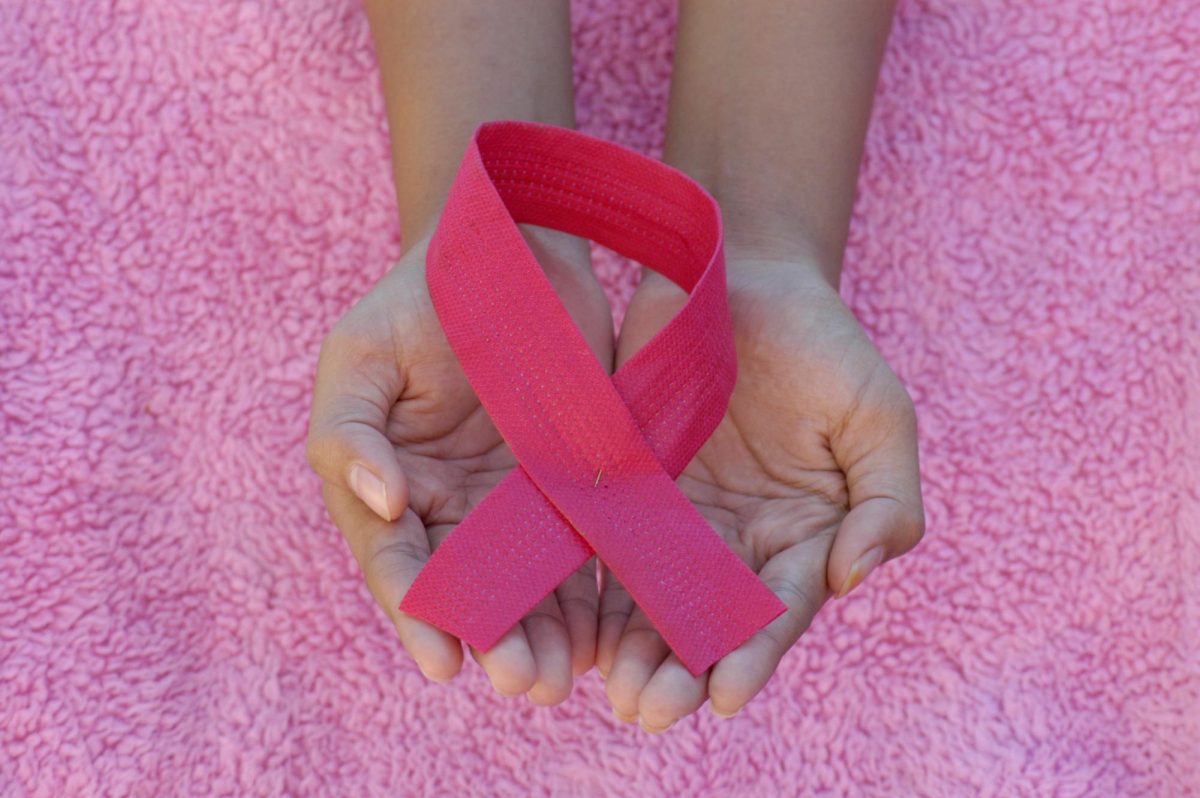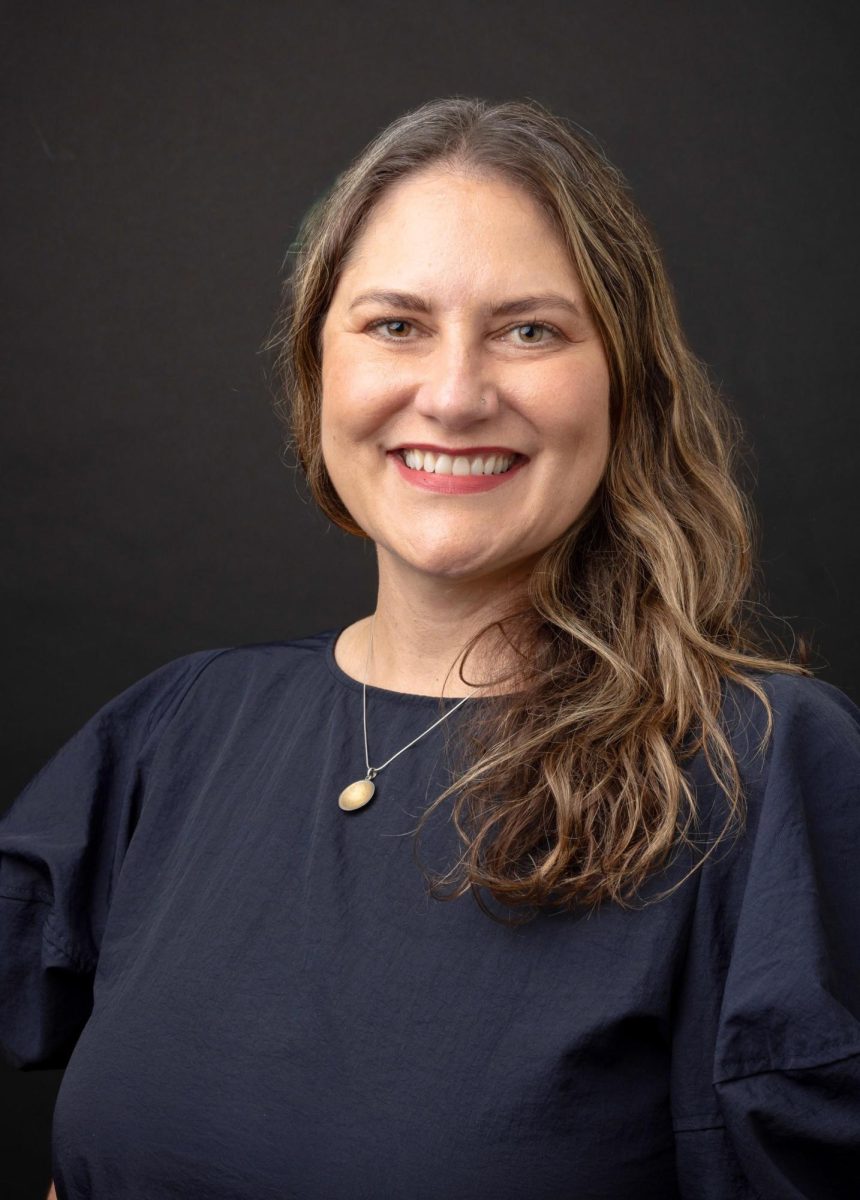A decrease in social-emotional skills affect learning abilities this year
MEGHANA GOGATE
For the past two years, COVID-19 has proven to be a lethal virus. Yet, not much is known about its long-term social, emotional, and psychological effects on elementary school children.
New research done by the National Alliance on Mental Illness shows that the effects of COVID-19 may be worse than expected. The research revealed that since the pandemic started, 20 percent of kids are more anxious, 19 percent are more irritated, and about three in 25 kids are less interested in social activities.

“This year, many students are facing anxiety, thinking they can’t do certain things because of the difficulty. I think that for some, it’s been overwhelming coming back full time for the first full year, and some of these students have had no school experience prior to this,” said elementary school psychologist Meghan Lusk.
Along with the anxiety towards schoolwork, teachers are seeing the negative effects of virtual schooling these past last years, now.
“I do think that their level of learning has changed because of COVID. I can compare my students now to students I had five years ago. I had a different expectation for them than I do with these guys because they have done a lot of their learning in isolation at home,” said Lillie B. Haynes fourth grade teacher Grace Degrooth.
Though students have a gap in academics, more concerning is the gap in social skills.
“How to use a water fountain, being in bathrooms with other people, a lot of those things that we learned, they didn’t. Now we are trying to teach those skills to kids that are older,” said Niantic Center principal Jeffrey Provost.
Though masks have made it harder to interpret facial cues, they don’t seem to be the cause of the disconnect students are facing.
“The kids seem to think it’s more normal, because it’s just what they have been used to for the past two years coming to school. It doesn’t faze the kindergarteners and first-graders,” said Ms. Lusk.
In order to better support their students, elementary schools have instituted social-emotional programs. One such program, Choose Love, “teaches children to have social awareness and decision-making skills,” according to Mr. Provost.
Niantic Center implemented this program at the start of this school year, and it has been in Lillie B. Haynes since about 2017. Currently, each grade has a program with different terminology relating to social-emotional skills.
“We’ve seen some great growth in kids understanding each other and forgiveness and gratitude,” said Mr. Provost.
Many teachers are also learning to adapt to their students’ needs in the classroom.
“You have to adjust your expectations in these times. These students have varying abilities now and you have to model a lot more for them. As far as social and emotional [health], I think we are becoming aware of what students need,” said Ms. Degrooth.
According to Caryn Novick, a Flanders kindergarten teacher, apart from the regular monitoring of students’ progress, this year students who need extra help have been put in small boost groups. Students have also been assessed frequently this year so the students who need help can get strategies to improve academically.
Despite the challenges some students have faced, many adults believe that COVID-19 is not going to be a problem for the next generations.
“What we have found is that kids are very resilient, and more than anything, they want to be at school, even if they have to wear masks,” said Mr. Provost.





